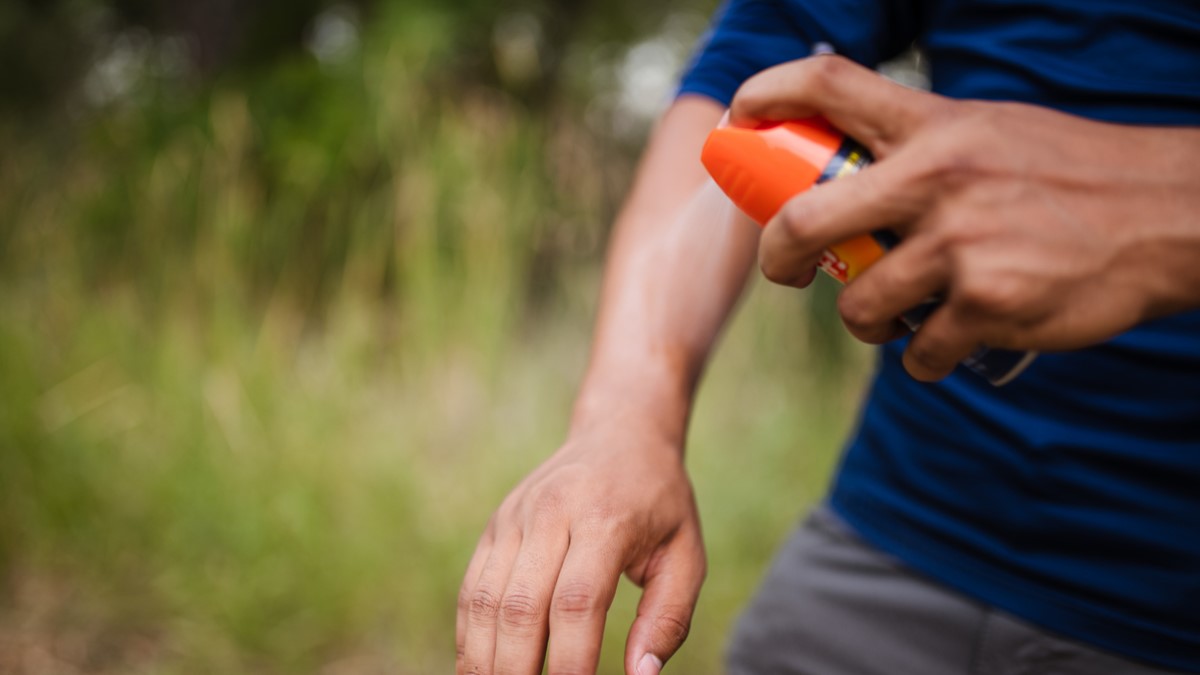What to know
- People who have a weakened immune system can have a higher risk of becoming seriously ill from viruses spread through mosquito and tick bites.
- Some immunosuppressive medicines or treatments can increase risk.
- Learn how to protect yourself from mosquito and tick bites.

Higher risks for people with weakened immune systems
People who are immunocompromised (have a weakened immune system) can have a higher risk of becoming seriously ill from viruses spread by mosquitoes and ticks.
Some medicines or treatments increase risk
People can be immunocompromised either due to a medical condition or from receipt of immunosuppressive treatments. People receive immunosuppressive treatments for many different reasons, such as treating
- Certain cancers (lymphomas)
- Some chronic conditions, like rheumatoid arthritis, lupus, or multiple sclerosis
Unfortunately, certain medications, like rituximab, can put people at higher risk for getting seriously ill and dying from viruses spread by mosquitoes and ticks. In the United States, this includes viruses like West Nile, Powassan, eastern equine encephalitis, Jamestown Canyon, and Cache Valley viruses.
A CDC report found that patients infected with viruses spread by mosquitoes or ticks and were receiving the immunosuppressive medication, rituximab, developed serious disease, and many died.
What to do if you get sick
People with a healthy immune system who are infected with a mosquito-borne or tickborne virus usually show symptoms shortly after being bitten (within a few days to 2 weeks), if they show symptoms at all.
People who are immunocompromised who develop symptoms might respond differently and can have mild symptoms for many weeks or even months.
- Talk to your healthcare provider if you have persistent headaches, fever, body aches, unusual weakness, confusion, or changes in your behavior unrelated to your underlying health condition.
- Tell your provider about any travel or exposure to mosquitoes or ticks and remind them of the medication you are taking.
- Do not stop taking your medicines unless told to do so by your provider.
Your healthcare provider can order tests to look for viruses spread by mosquitoes and ticks. Because your immune system may not be responding to the virus, your provider will need to order certain diagnostic tests.
How to protect yourself
People who are immunocompromised should not stop taking medications like rituximab. Take steps to prevent mosquito and tick bites.

- Use Environmental Protection Agency-registered insect repellent.
- Wear loose-fitting long-sleeved shirts and pants.
- Avoid brushy and grassy areas where ticks are common.
- Check your body, clothing, and gear for ticks.
- Remove standing water around your house where mosquitoes lay eggs.
